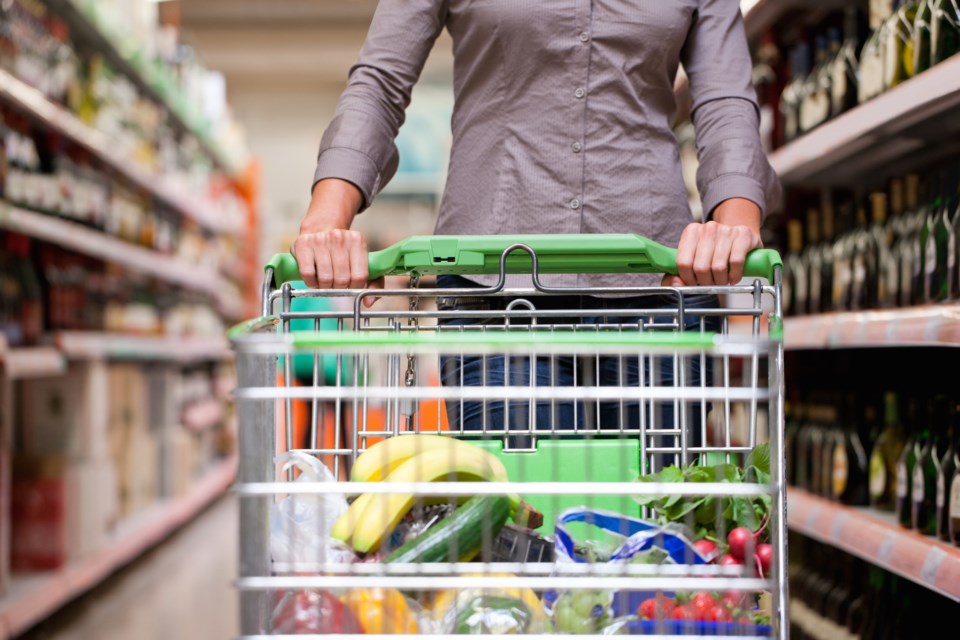A food safety expert at the University of Guelph is trying to dispel some of the myths and risks associated with food and COVID-19.
Jeff Farber has over 35 years specializing in food safety and is currently a food microbiologist at the U of G. He was formerly director of the Bureau of Microbial Hazards at Health Canada.
On Tuesday he posted a video to YouTube in an effort to dispel some of the myths around food safety, grocery shopping and COVID-19.
He said that he and some of his colleagues have been dismayed at some of the misinformation circulating around the internet on the subject. Some videos are recommending people disinfect their food items as they are taken out of the bag.
“You have folks out there who have never worked in food safety touting themselves as experts,” said Farber. “I think that’s one of the main reasons I wanted to get this out.”
In the video, Farber notes that basic cleanliness rules apply — to put down your groceries, wash your hands for 20 seconds, put your groceries away, then use a disinfectant wipe to clean the surfaces that the groceries touched. He then recommends washing your hands once more then you’re finished.
Every time before you eat, you should always wash your hands for 20 seconds, he said. Also ensure all surfaces and tools used to prepare the food are kept clean.
Food safety experts have been offering many of those tips for years, he said, mostly to combat bacteria like salmonella, listeria and e coli.
“They’re are still common sense things people should be doing anyway,” said Farber.
Using soap to clean fresh fruits and vegetables is not recommended because it could make you sick in other ways and is not recommended by food safety professionals.
“The soap you use can cause vomiting or diarrhea,” said Farber in the video.
Farber recommends cleaning fruit and vegetables with only clean, cold water and maybe a clean brush for items with a thicker skin, like potatoes and carrots.
In the past week, two grocery stores in Guelph have reported a staff member has been infected with COVID-19, but Farber said the risk of catching COVID-19 from touching food is only theoretical, he said.
Farber notes that there is a very low risk from catching COVID-19 from the food itself, with there being a bigger danger in the person-to-person interactions in the grocery store.
In the video, Farber suggests people make a list of the items they need in order to minimize the time browsing in the store and thus minimize possible exposure to COVID-19.
Some grocery stores in other cities have been reported to throw out large amounts of food after it has been coughed or sneezed on during the pandemic.
“Some stores have to use an abundance of caution because they have to be risk averse,” said Farber. “They don’t want to take any chances, even if it’s a theoretical risk.”
“If someone were to sneeze on the packaging before they deliver it to you, where potentially the virus can survive in aerosols for about three hours. The thing they don’t tell you is in that three hours, the virus gets reduced,” said Farber. “You have to touch that exact portion and then touch your face — your mouth, your nose or your eyes — to get infected. It’s really a theoretical risk.”
